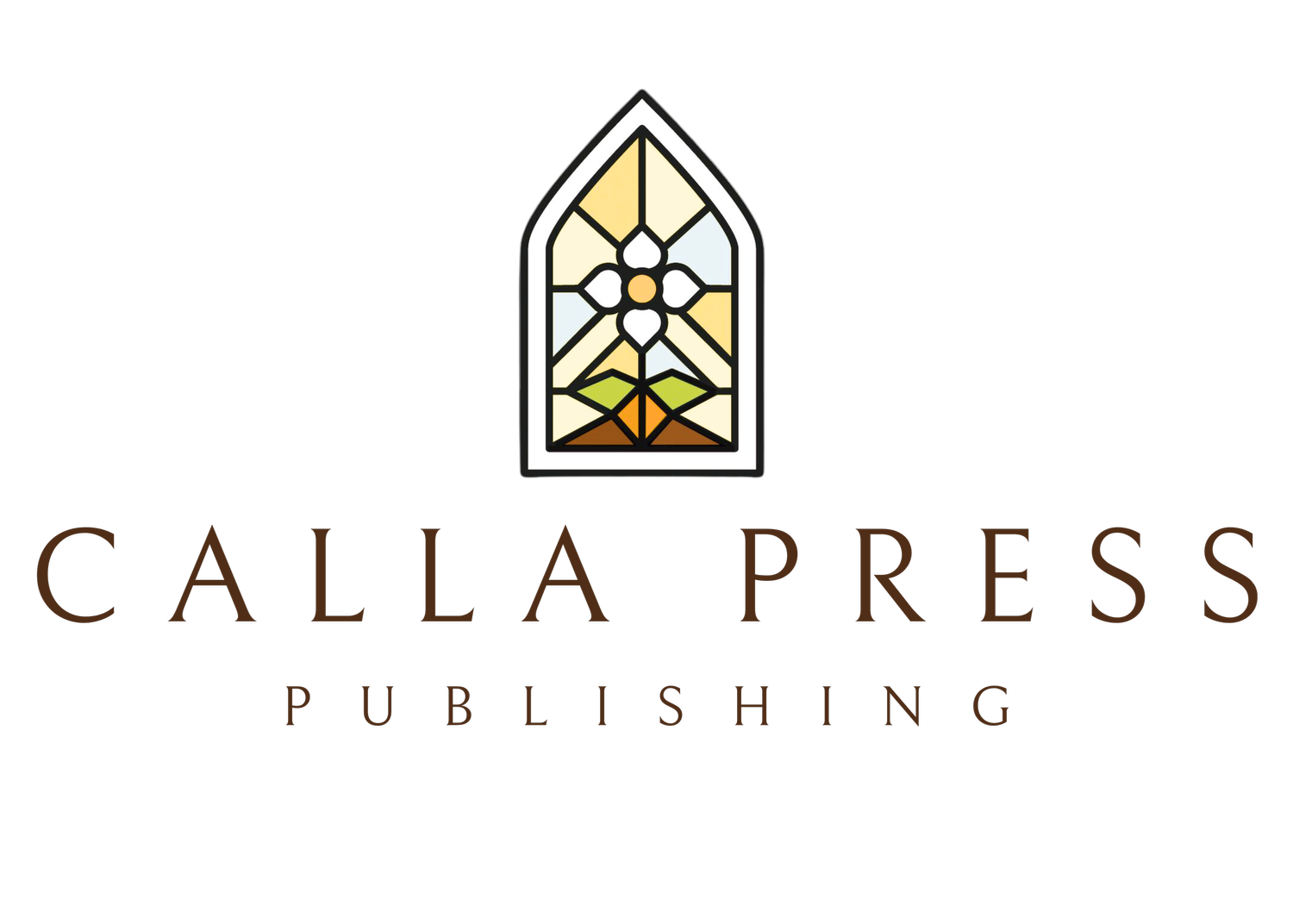Christians and Conscience by Nicholas A. Kallis
At a time when the Covid–19 vaccine is becoming mandated by various institutions and level of government, the question of the Christian and the vaccine is paramount. It is evident that within the Church, there is a multitude of different stances and beliefs in regard to the vaccine. Some Christians believe that the vaccine is good and safe and that everybody should get vaccinated. Other Christians doubt the vaccine’s efficacy, its safety, and their need to obtain it. There are those in the Church who look down on those who are unvaccinated and raise their vaccination status to the level of loving one’s neighbor. There are also those who look down on the ones who have been vaccinated, questioning the authenticity of their belief, and trust in God. How do we in the Church approach this issue in unity, and more importantly, each other, in love? Should we encourage those in the Church to get vaccinated? Should we disdain those who do not? When dealing with such issues, the Bible presents a clear path forward for loving each other, and for maintaining the unity of the Bible. The path forward is to be found in respecting a brother or sisters’ conscience.

In Romans 14:1–15:7, 1 Corinthians 8:1–13, 10:23–11:1, Paul addresses issues of conscience that have been causing division within the churches. The conscience, a faculty of the heart, represents the believer’s convictions of right and wrong. In 1 Corinthians 8:1–13 and 10:23–11:1, Paul specifically addresses the issue of meat offered in pagan sacrifices. Paul’s general principle here is that our liberties (right to eat meat) should be curtailed for the sake of a brother’s conscience (1 Cor 10:29). In Romans 14–15, Paul addresses differences of opinion concerning holy days and the cleanliness of food. Paul makes the designation of the weak and strong brother. The strong brother “believes he may eat anything, while the weak person eats only vegetables” (Rom 14:2). Paul is adamant that the strong brother does not use his freedom to destroy the weak brother (Rom 14:15, 20). Paul rather desires each brother to act according to their conscience, and their level of faith. “But whoever has doubts is condemned if he eats, for the eating is not from faith.” When a brother acts against his convictions, his conscience is injured, and he himself sins (Rom 14:23). Therefore, the strong brother is not to cause the weak brother to stumble, by insisting that he act outside of his convictions. The strong brother is rather to “pursue what makes for peace and for mutual upbuilding” (Rom 14:19).
Paul prohibits both the strong and the weak brother from passing judgment on each other (Rom 14:10–13), for each one is accountable to God, and “it is before his own master that he stands or falls” (Rom 14:4). Furthermore, God has “welcomed him” whether he eats or abstains, observes, or does not observe (Rom 14:1–4). Paul retains the individuality of one’s faith and our own accountability to God in light of their conscience and convictions. He insists that each Christian “should be fully convinced in his own mind” when he acts or does not act (Rom 14:5). He writes, “The one who eats, eats in honor of the Lord, since he gives thanks to God, while the one who abstains, abstains in honor of the Lord and gives thanks to God” (Rom 14:6).
Returning to the topic of the Christian and the vaccine, one could easily substitute “vaccinate” into Paul’s sentence:
“The one who vaccinates, vaccinates in honor of the Lord, since he gives thanks to God, while the one who does not vaccinate, abstains in honor of the Lord and gives thanks to God.” The strong brother, (who for the purpose of this illustration will be labeled the one who vaccinates) should not pass judgment on the weak brother (the one who does not vaccinate). The weak brother (the one who does not vaccinate), should not disdain the strong brother (he who vaccinates).
To compel the weak brother to act against his conscience, would be to “destroy the one for whom Christ died” (Rom 14:15). We are instead to “welcome one another as Christ has welcomed you, for the glory of God” (Rom 15:7).
Moreover, Paul makes another point within this discussion of eating and drinking and observing. Paul seeks to examine the issue in light of the kingdom of God. He says, “For the kingdom of God is not a matter of eating and drinking, but of righteousness and peace and joy in the Holy Spirit” (Rom 14:17). In handling the question of the vaccine with other Christians, we must also examine the issue in light of the kingdom of God. One could say, “For the kingdom of God is not a matter of vaccinating, but of righteousness and peace and joy in the Holy Spirit.” Let us then, as the Church, remove any “weight” and “run with endurance the race that is set before us” (Heb 12:1), as we await the new heavens and the new earth “in which righteousness dwells” (2 Pet 3:13).
Nicholas recently graduated from Cedarville University with a Masters of Divinity degree.

